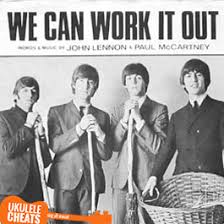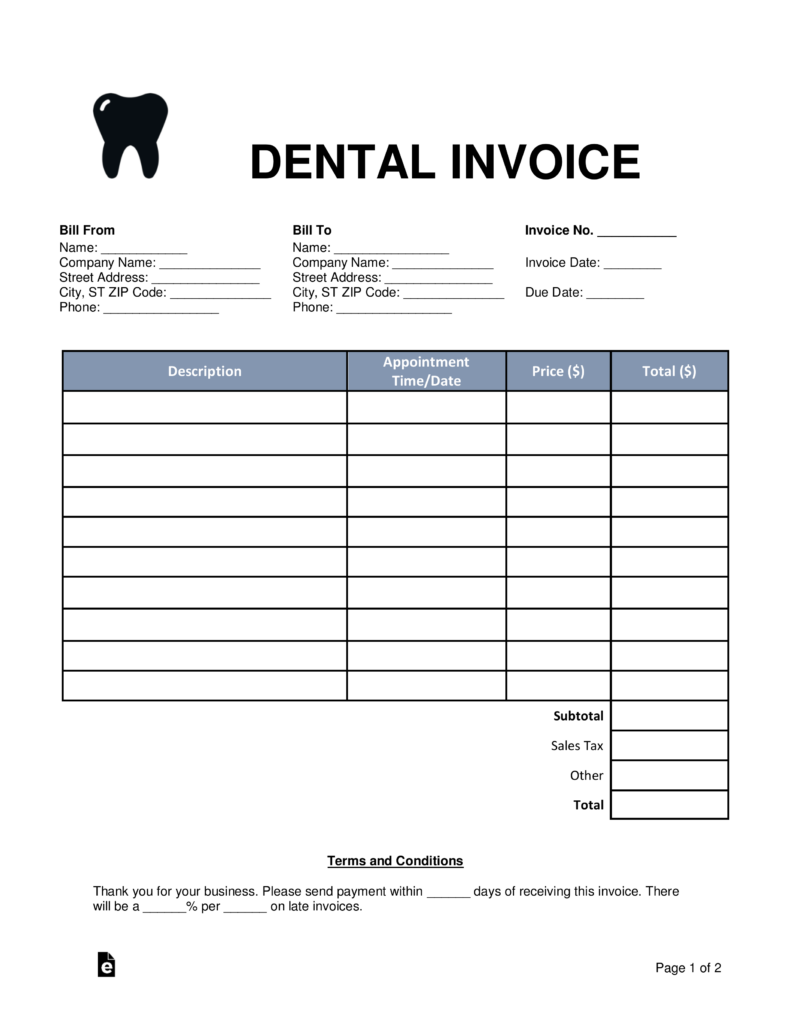
One of my running buddies, Martin, is faster than I, bordering on immeasurably so. Martin covers five kilometers much quicker than I do. Same for 10K. Martin beats me in the half marathon by half an hour. I’m pretty sure there are no more 50-milers in these 64-year-old legs, but if there were any such ultra events in my future, Martin would cross the finish line so far in advance of my staggering self that the difference in our finishing times could only be measured in geological terms.

Yet on the track yesterday, Martin and I both had productive workouts. We ran 880 repeats (twice around the oval, half a mile.) Martin spotted me a hundred yard head start. He still caught me easily but—and here’s the noteworthy part—he didn’t pass me.
His largesse wasn’t about social distancing or pity. He just decided that yesterday was “my workout.” He was there to encourage and support. Showing off is a junior high thing and we are both over 40,000 miles from seventh grade.
How many interactions with your adolescent children are focused exclusively on them? Let’s first exclude all those days that seem to be about your kids but, let’s be honest, aren’t: orthodontist, pediatrician, dermatologist, music lesson, school, tutor, sports practice, carpool, grocery store, hardware store, clothing store. These obligatory visits are the cost of doing business in Parent World. You are intimately aware that two weeks touring European capitals in five-star hotels costs less than that mouthful of uncomfortable hardware, but your kid is unlikely to articulate gratitude with all that stuff on her teeth. Just because you paid for the orthodontist doesn’t mean your middle-schooler appreciates the orthodontist.

Your economic sacrifice so I can have straight teeth is very much appreciated. Don’t hold your breath.
A day that is exclusively about your 13-year-old daughter might include going somewhere other than the orthodontist.
“My whole work drive has been aimed at making people understand each other,” Steinbeck said, while working on The Grapes of Wrath. Arguably the most insightful and accurate book written in 20th century America, The Grapes of Wrath gets it. Poor people are motivated by hunger and decency. They would likely say thank you if, by any reasonable measure, they had anything to say thank you about.

I’m not comparing your children to itinerant farmworkers desperate for a day’s work and a decent meal. I am suggesting that there is a significant power differential. Parents make a ton of decisions in a given day—when to eat, what to eat, where to sleep, when to visit the orthodontist, among others. As well they should. Parents are older, bigger, more experienced, smarter, and better funded. Menu planning can not be left to children in that chocolate ice cream every day at three a.m. is untenable. But just because the big people are making the right decisions doesn’t mean the kids are going to exclaim “Oh boy, another nutritious meal!”

Being sensitive to every need but obviating the vast majority of endless wants is the sacred duty of good parenting. Make a connection with the kids. Include them in decision making if you possibly can. Your kids may not be able to articulate their appreciation, but they will know that you are trying to understand them.
Yes, you are the decision maker, but you can still be there for your kids, find a way to make it about them. The paradigm for raising healthy children is as simple as running a few steps behind a buddy on the track.


